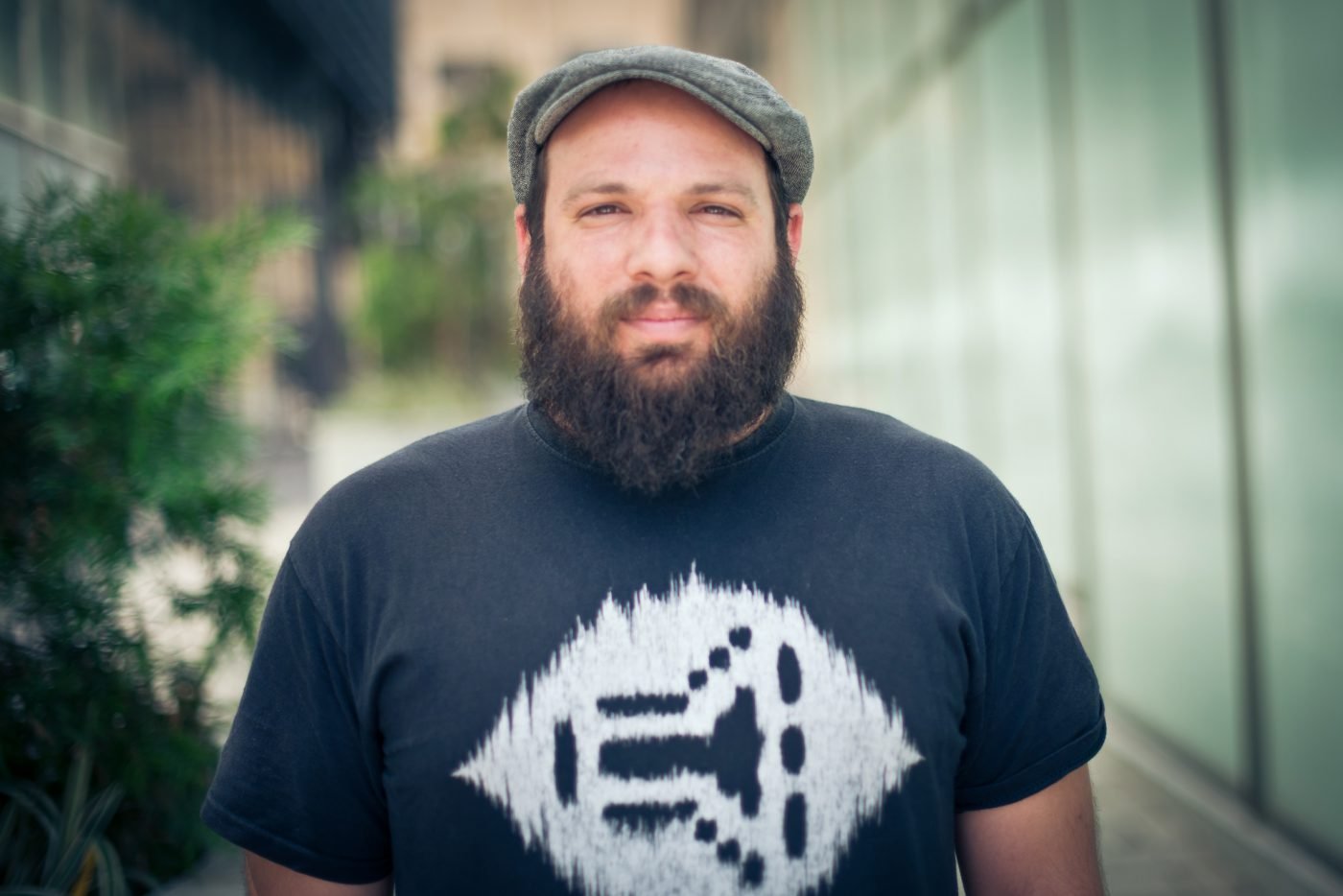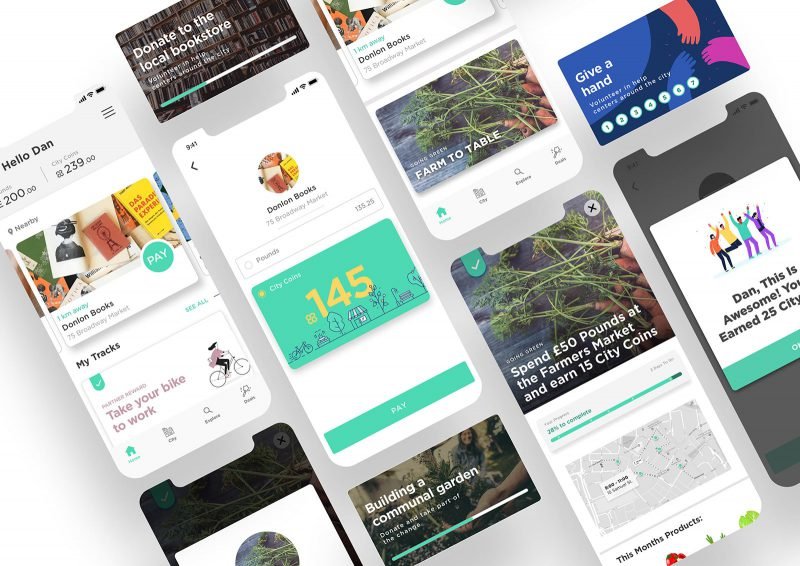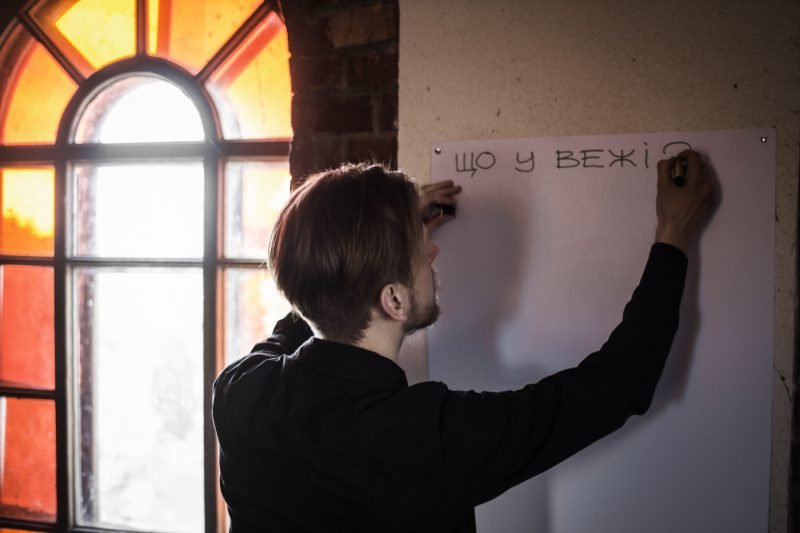Connecting People and Town Halls Through Urban Innovators
Forget about town hall meetings and old-fashioned surveys — there's a more effective way to listen to city residents in 2019. Eyal Feder-Levy, co-founder of ZenCity, explains how municipalities can use digital tools to better understand the needs of their residents and shares his recipe for a successful career as an Urban Innovator.
You call ZenCity the “Google Analytics” for cities. Can you tell us more about it?
“ZenCity is a data analytics tool built for cities. Its award-winning Artificial Intelligence (AI) and machine learning technologies help cities understand resident feedback and make data-smart decisions. The tool automatically aggregates millions of resident-generated data points from sources like social media, city hotlines, local news channels, and more. Using AI, ZenCity automatically transforms this data into actionable insights, providing local government leaders and city managers with an ongoing and real-time vision of the needs and priorities of their residents. The platform’s core capabilities include analyzing content, context and sentiment, as well as geolocating the data. Local governments use ZenCity to prioritize resources, track performance and connect with their community.”

What is the philosophy behind ZenCity?
“Local governments have a singular mission: to better the lives of their residents. Committed public servants invest long days (and often nights) enhancing the safety, affordability and quality of life for their residents, and are responsible for expending massive resources to deliver the services that residents need. Yet local governments are hard-pressed to prioritize policies and measure the actual impact of their decisions. Are they moving the needle for residents? Are they responding effectively to real and pressing needs? Over-reliance on limited resident feedback and an inability to connect the dots from data generated through online and offline sources is a pain point for all city halls. Surveys, hotlines, social media tracking, media coverage and minutes from committee meetings all play a significant part in understanding resident sentiment, but they’re not enough. ZenCity’s philosophy is to give cities understanding of what actually matters to their communities, and let them measure it on a city scale, all the time.”

Could you give an example of how ZenCity helped a city to better understand its residents?
“The City of Ashdod, a fast-growing city in Israel, launched an innovative project — a smart, green, public Bus Rapid Transit system (BRT). But it received so much criticism that the city’s relationship with its residents, and the BRT initiative as a whole, were at risk. The ZenCity platform alerted the city management to rising levels of negativity, but more importantly, it helped the city understand why residents were so critical: turned out, they didn’t know why the city was investing such heavy resources into such a project in the first place. The City leveraged this information to develop a new communications strategy, focusing on the benefits of the project. By tracking and refining their strategy, the City succeeded in overcoming a major public trust hurdle, and not only answered resident concerns, but also brought them on board with the project. What could have led to the demise of the BRT project altogether, instead, through resident-sensitive communications, re-connected the city to its residents.”
What brought you to urbanism and what is your recipe for a successful career as an Urban Innovator?
“The urban innovation sector is really just being born, and it’s different from more traditional fields, where you know what to do to succeed. In my personal career, I’ve been fascinated with cities for the past nine years. Once I decided it’s an area of interest for me, I started actively looking for different opportunities to learn. I finished my Master’s Degree in Urban Planning and I volunteered with a lot at different NGOs. For example, I managed the Garden Library, a community center for refugees in South Tel Aviv, and did consulting work for municipalities. Gradually, I became a founding member of Tel-Aviv University’s City Center, joined the Israeli Urban Planning Association and took part in a public space hacking collective, ONYA. Eventually, all these different projects brought me to founding ZenCity: one day, a friend of mine recommended I meet with Ido Ivri, my future co-founder, who wanted to set up a startup in smart cities.
“In general, I believe that in fields as new as ours, the trick is to read a lot, learn a lot and do a lot. Find people, who’re doing something and do it with them. Take initiative and do things yourself. Try things out, and once you have a good idea of your own, go for it all the way.”



